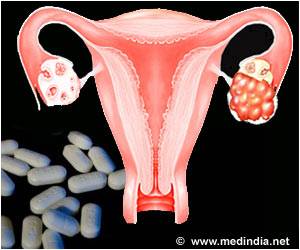At Cold Spring Harbor Laboratory (CSHL), researchers have discovered a new function of the body's most important tumor-suppressing protein.

Cancer researcher Dr. Raffaella Sordella, a CSHL Associate Professor, and colleagues, today report in Proceedings of the National Academy of Sciences the discovery of a p53 cousin they call p53-psi (the Greek letter "psi"). It is a previously unknown variant of the p53 protein, generated by the same gene, called TP53 in humans, that gives rise to other forms of p53.
Sordella and colleagues observed that p53-psi, when expressed, reduces the expression of a molecular glue called E-cadherin, which normally keeps cells in contact within epithelial tissue, the tissue that forms the lining of the lung and many other body organs. This is accompanied by expression of key cellular markers associated with tumor invasiveness and metastatic potential. (These are markers of EMT, or epithelial-to-mesenchymal transition.) Consistently, Sordella and her team found levels of p53-psi to be elevated in early-stage lung tumors with poor prognosis.
Source-Eurekalert
 MEDINDIA
MEDINDIA




 Email
Email







